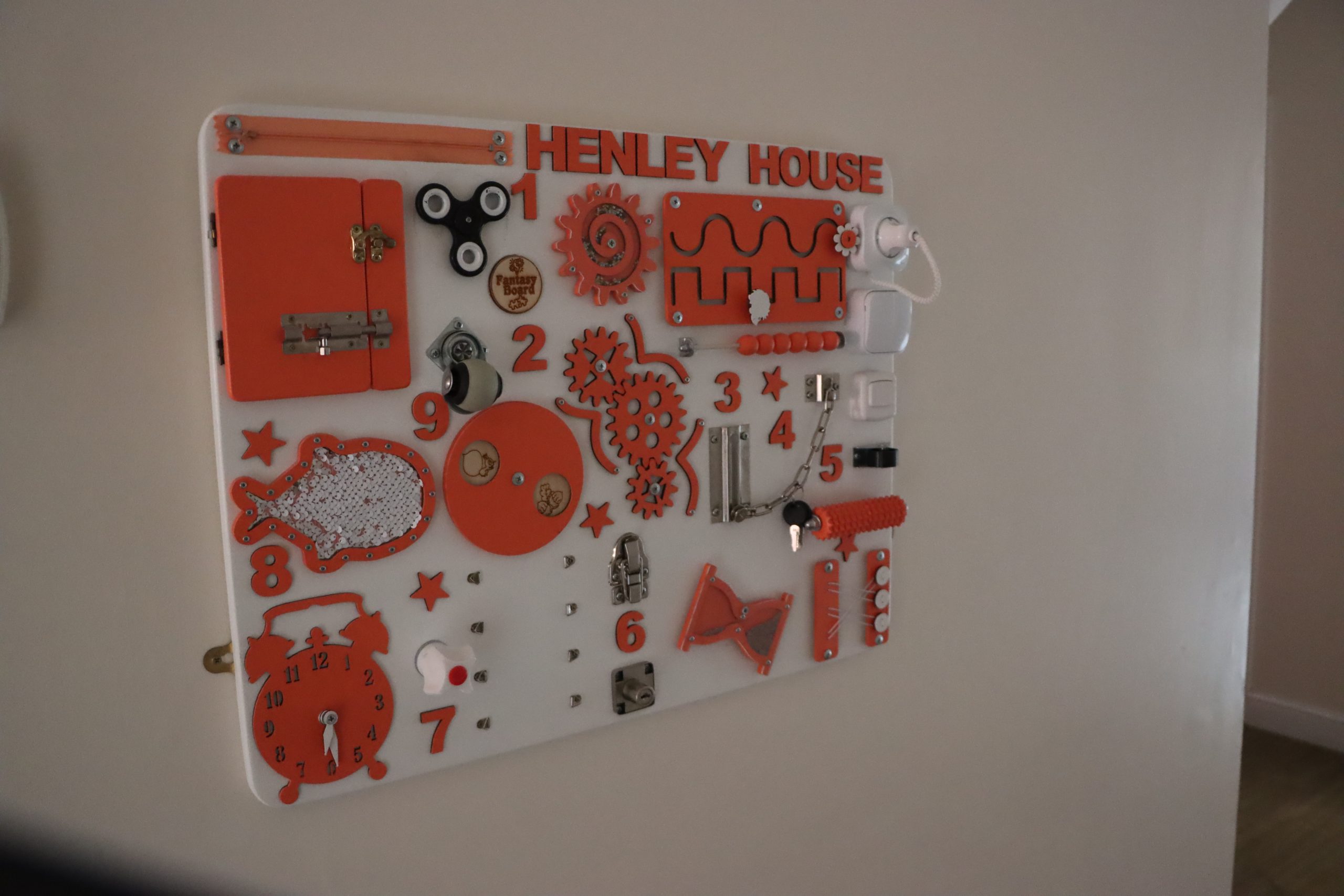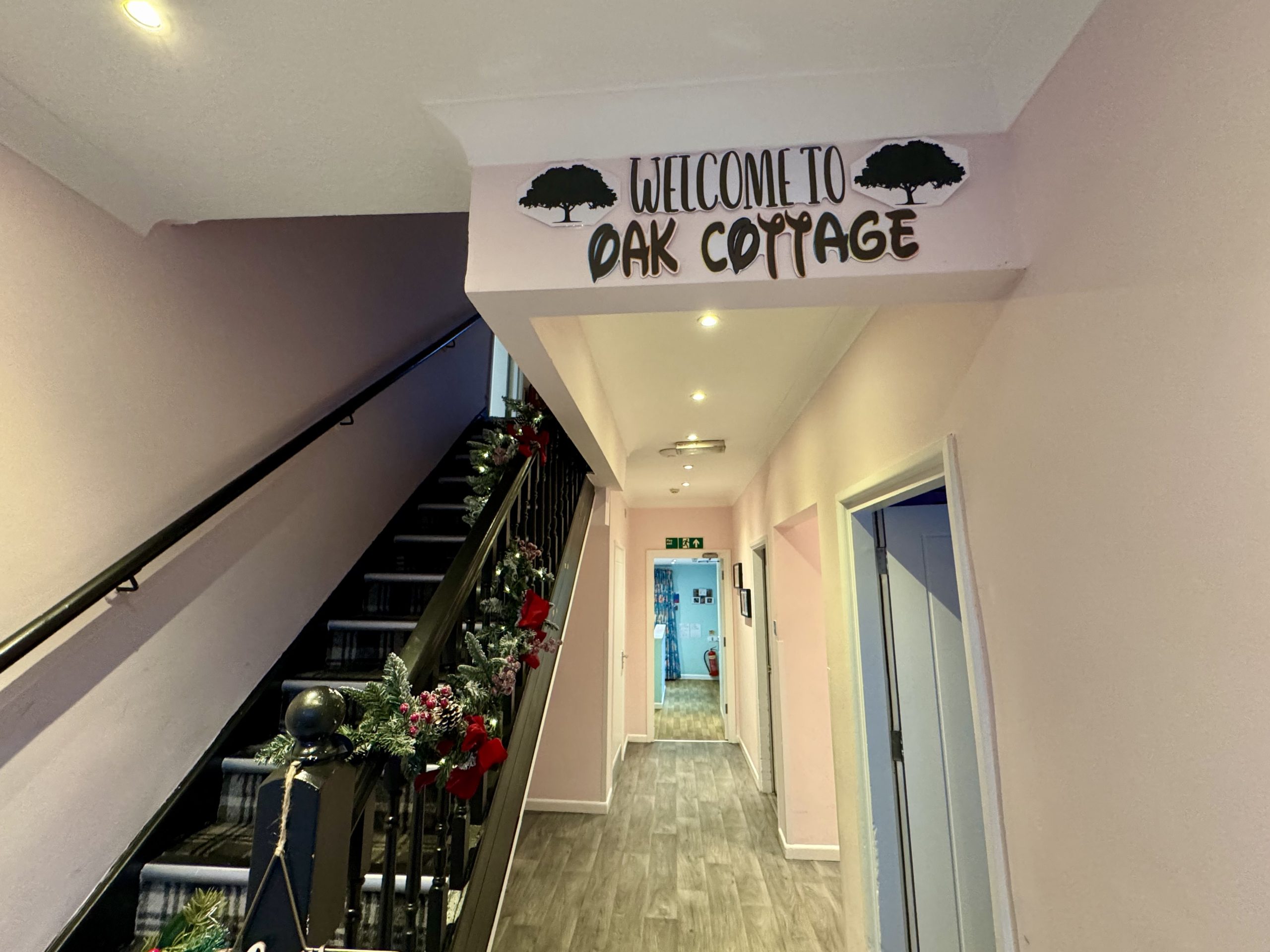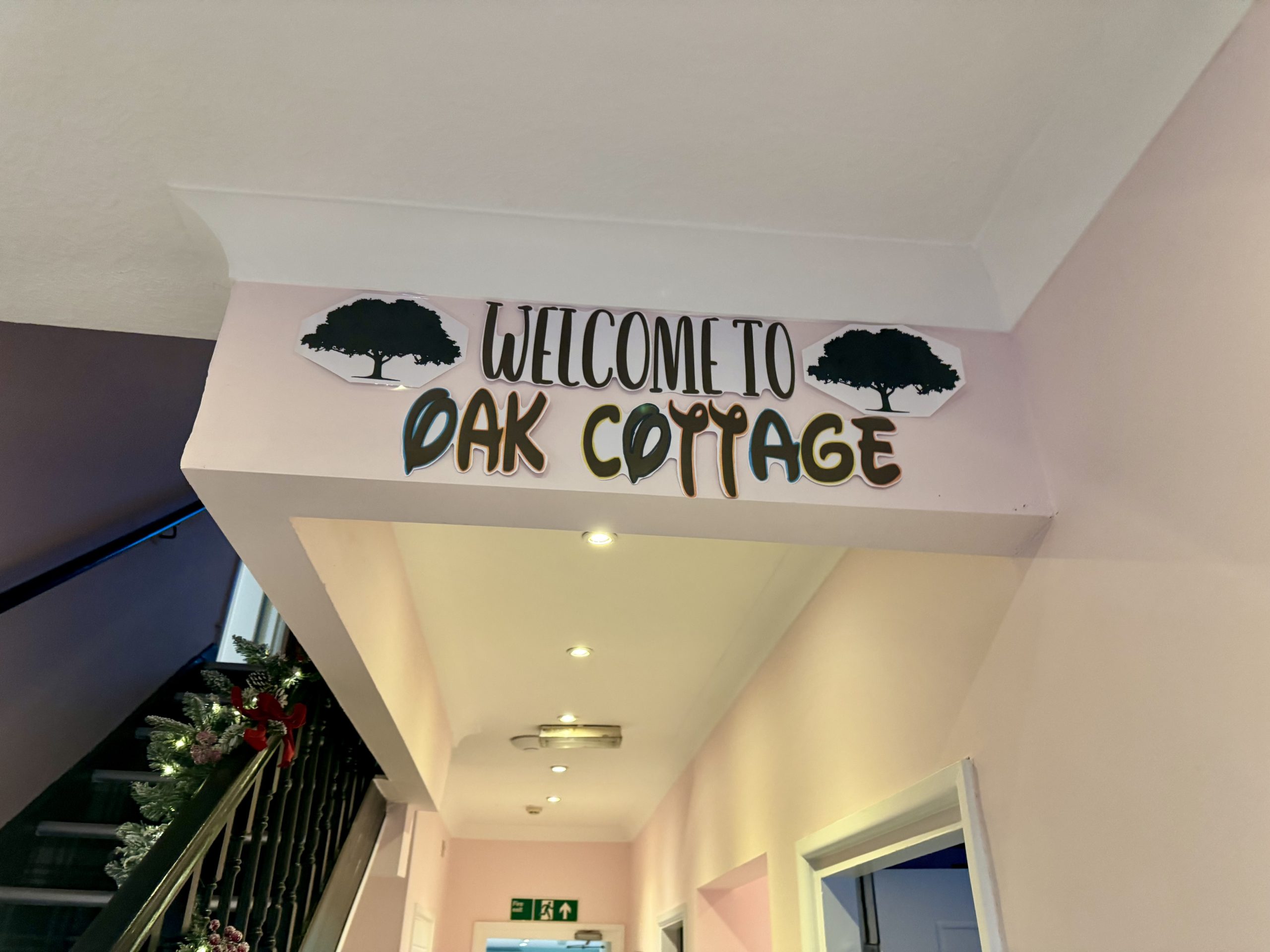In this end-of-year reflection, Bal Dhanoa MBE, Founder and CEO of Progress, shares what 2025 taught us and how it has shaped the year ahead.
As I reflect on 2025, I do so with openness, pride and a deep sense of responsibility to the people who make Progress what it is.
It has been a complex year. At times, it felt frustrating. Some projects took longer than planned, others stalled and restarted, and there were moments where progress did not come easily. But it was also a year that reminded me why resilience matters, why clarity of purpose matters, and why the work we do must always be rooted in people rather than pace.
This year, we celebrated 25 years of Progress, a milestone that felt both humbling and energising. In June, we came together at The Box in Birmingham with staff, carers, partners and suppliers to mark that journey. Seeing so many people who have helped shape Progress over a quarter of a century was incredibly special. That evening was not only about looking back, but about recommitting ourselves to the values that brought us here and will carry us forward.
Alongside that celebration came recognition for the quality of our services. Achieving Outstanding outcomes at Stourbridge House and our fostering service reinforced what I already know to be true: that quality lives in the everyday work of committed teams who understand children, families and complexity. Across adult services, 2025 was a year of steady growth, successful transitions and meaningful outcomes. For some people we support, success meant greater independence. For others, it meant stability, reduced anxiety and a place that finally felt like home. What matters most to me is that success is defined by the individual, not by a checklist.
Behind these outcomes sits a great deal of unseen work. In 2025, we continued to strengthen our foundations, investing in quality assurance, clearer outcome measures, assistive technology and digital systems. Our services have continued to move towards being fully paper-free, improving oversight, consistency and accountability. These are the systems that allow people to do their jobs well, and to focus on care rather than administration.
What truly brought 2025 to life for me, however, were conversations of our teams. At a team meeting at Oak Cottage, staff shared what the year had meant to them. People spoke about joining Progress and finding job satisfaction for the first time in a long while. Others talked about returning after illness to a team that still felt like home. Several reflected on becoming key workers and feeling trusted with greater responsibility, while some shared personal milestones outside work that were only possible because they felt supported and valued in their roles.

There were honest reflections too. About children moving on after many years, the sadness that comes with goodbyes, and the pride of knowing a young person is ready for their next chapter. About losses experienced by The Smith team at The Hub, and the closely knit team at Nightingale House. Also, about disagreements, difficult days and moments of challenge. But what came through consistently was togetherness. A shared commitment to the children, to one another and to creating homes, not just services.
That sense of belonging reflects something I have always believed in. Progress was never about chasing profit for its own sake. It was about making a difference. About creating models of care that respond to real needs, whether through respite, fostering, emergency support, long-term care, supported living or preparation for adulthood. Over the years, we have built different services because families and young people need different things at different times. There is no one-size-fits-all solution, and 2025 reaffirmed the importance of that approach.
It also reaffirmed something else I hold dear: that Progress is built by people. I may set the vision, but the ambassadors of this organisation are our staff, our foster carers and our leaders. They are the ones who bring that vision to life, who challenge it, strengthen it and ensure it remains grounded in reality. Watching teams grow, individuals like Lucy, Tadi and Megan step into leadership and services evolve has been one of the most rewarding parts of this year.
As we come to the end of 2025, my strongest feeling is gratitude. Thank you to our staff teams for your compassion, resilience and professionalism. Thank you to our foster carers and families for the trust you place in us. And thank you to the children, young people and adults we support, whose lives and aspirations give meaning to everything we do.
This year has tested us and prepared us. It has laid strong foundations for what comes next. As we look ahead to 2026, we do so with confidence, ambition and a clear sense of purpose, ready to keep innovating, growing and supporting people to live full, meaningful lives.
From all of us at Progress, thank you for being part of the journey.














